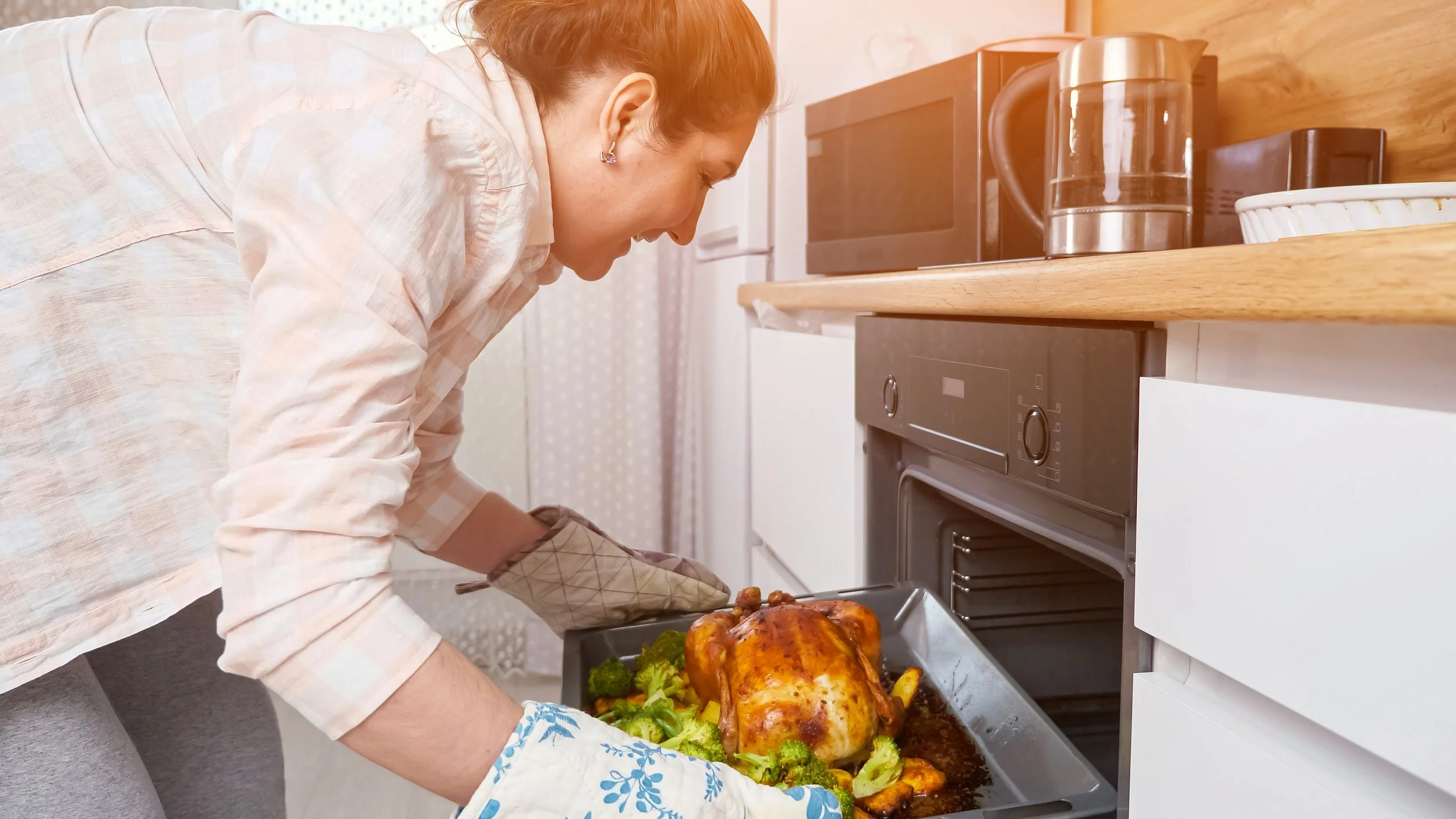How Food Prep Changes Calorie Counts
If you are trying to be conscious of your calories, it is important to factor in your preparation methods. “Cooking food can significantly alter its nutritional profile and the number of calories present in the same quantity by weight…Cooking food causes a loss of water content, which can change the number of calories by weight. Cooking methods, such as frying, can increase calorie content of food significantly when compared to its raw counterpart.” The reason why frying can up the caloric count is due to the addition of batter, breading, and/or fat content in the form of oil, butter, or another fat.”The concentration of calories in fats and oils is very high, so even a small weight amount of oil or fat used in cooking can have a significant impact on the caloric value of your food.” By contrast, “when food is grilled or broiled, fat and water from the food typically drip and drain away from the food so that they are not consumed in the cooked foodstuff. Mayo Clinic recommends baking, braising, grilling, broiling, poaching, roasting and steaming as healthy cooking methods which do not add calories through cooking fat.” However, the caloric value of foods cooked without additional fats still goes up due to the water loss. “Water present in the raw food is often lost during cooking, and this increases the density and therefore the caloric value of the cooked food. For example, 4 ounces of raw chicken contains 98.5 grams of water, according to the USDA. When this chicken meat is cooked through roasting, water is lost so that there is 83.5 grams of water present in every 4 ounces of roasted meat.”
Vegetables are also affected by food preparation, although not necessarily in quite the same way as meat. According to the University of California Davis, “cooking vegetables in water doesn't alter it's calorie content significantly, it does affect its nutrients…Nutrient content is also affected by the amount of time that passes between harvested the food and consumption. Some produce spends several weeks in transit between the place where it was grown to the consumer's table. Plant metabolism increases after it's harvested, which causes water loss and breakdown in nutrient content.” Of course, this is not to say that cooking does not affect the calorie content of vegetables at all. “Water-soluble nutrients such as B and C vitamins leached into water when they are cooked” and, much like any other food, cooking vegetables in oil or another fat like butter will, obviously, up the caloric value.[1]
So what is the takeaway here? Primarily, information like this reminds you to be mindful of your goals and how your food preparation can impact your nutritional plans. Be sure to speak to your physician before starting any new dietary or exercise regime as they can give you advice and help guide you towards the best choices for you. Once you are familiar with the best avenues for your life and health, you can take a peek at some of the recipes featured on our blog and adjust the preparation according to your individual caloric needs. Bon appetit!
[1] Allen, Jae. “Do Calorie Counts Change When Food Is Cooked?” LIVESTRONG.COM, Leaf Group, 23 Oct. 2019, https://www.livestrong.com/article/336835-why-do-caloric-counts-change-when-cooked/.

